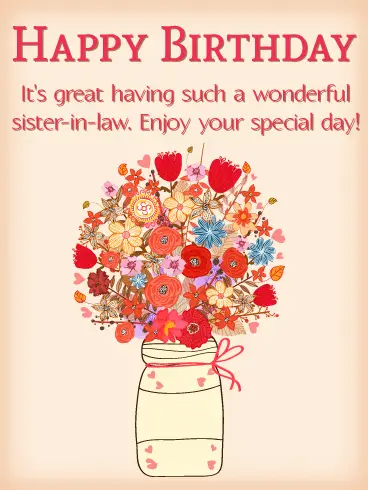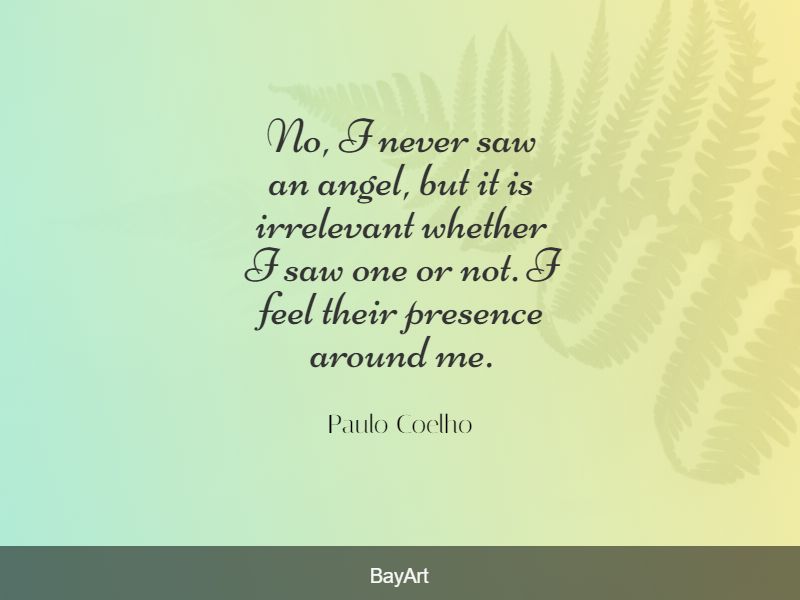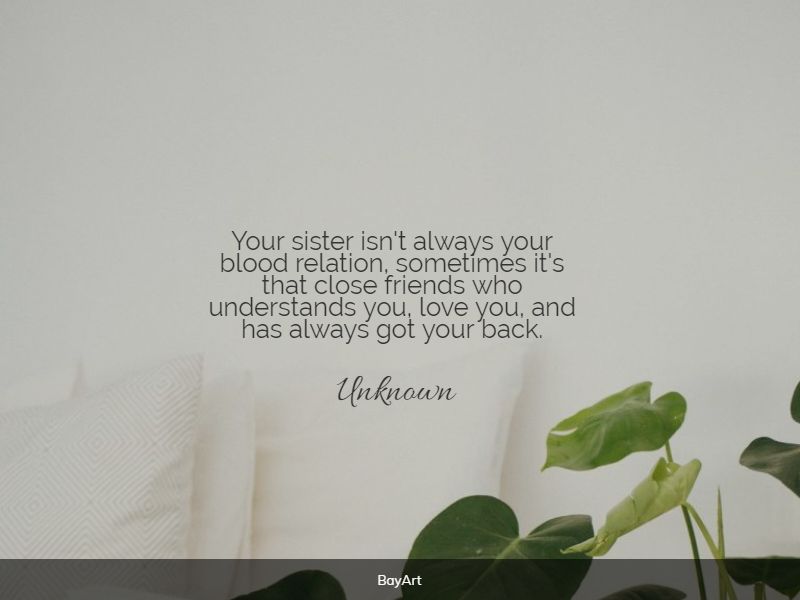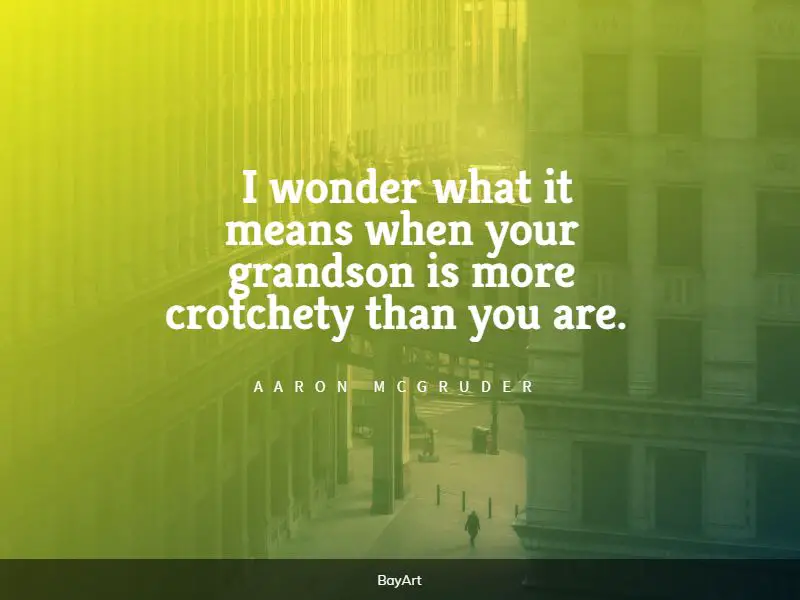30 Long Distance Relationship Love Letter for Her
How do you express love in text? It’s important to let them know that you’re thinking of them by sending a thoughtful and romantic love message. If you’re ready to tell that special someone exactly how you feel, good things to say to your girlfriend will remind your special someone just how much they mean … Read more








